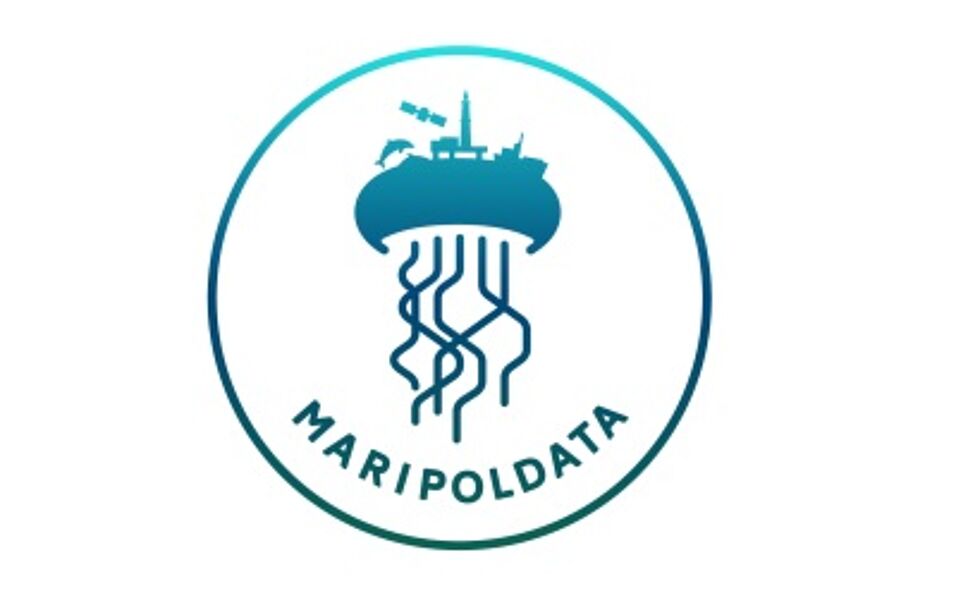Applications should be sent electronically to maripoldata.erc@univie.ac.at by November 10, 2019.
Overview
The successful candidate will work in an interdisciplinary research team under the supervision of Dr Alice Vadrot. The role of the research assistant arises from the award of a 1.4 Mio Euro Starting Grant from the European Research Council to Dr Vadrot, Principal Investigator of the project hosted by the Department of Political Science of the University of Vienna. The grant is for a major research project on “The Politics of Marine Biodiversity Data: Global and National Policies and Practices of Monitoring the Oceans (MARIPOLDATA)” running from November 2018 to October 2023. The project will bring together an interdisciplinary team composed of the PI, the research administrator, 2 PhD students, 1 Post-Doc and 1 to 2 master students.
Role of the successful Candidates
- Supporting research and data management activities
- Assisting researchers in the storage and back-up of key data
- Transcription and analyses of interviews
- Assisting in literature search and analyses
Your profile
- Very good computer skills (Microsoft package and statistics tools)
- Willingness to work in an international and interdisciplinary team
- Interest in writing your master thesis as part of MARIPOLDATA
- Bachelor Degree in Social Sciences
- Interest in international negotiations, multilateral environmental agreements, ocean governance, ocean politics, science diplomacy or science-policy interrelations
- Interest in mixed methods approaches and empirical social science research
- Excellent knowledge of German and English
- Independent, conscientious and reliable working style
About the Project
In order to protect marine biodiversity and ensure that benefits are equally shared, the UN General Assembly has decided to develop a new legally binding treaty under the United Nations Convention on the Law of the Sea. Marine biodiversity data will play a central role: Firstly, in supporting intergovernmental efforts to identify, protect and monitor marine biodiversity. Secondly, in informing governments interested in particular aspects of marine biodiversity, including its economic use and its contribution to biosecurity. In examining how this data are represented and used, this project will create a novel understanding of the materiality of science-policy interrelations in global environmental politics as well as develop the methodologies to do so. This is crucial, because the capacities to develop and use data infrastructures are unequally distributed among countries and global initiatives for data sharing are significantly challenged by conflicting perceptions of who benefits from marine biodiversity research.
The central objective of MARIPOLDATA is to develop and apply a new multiscale methodology for grounding the analysis of science-policy interrelations in empirical research. An interdisciplinary team, led by the PI, will collect and analyse data across different policy-levels and spatial scales by combining 1) ethnographic studies at intergovernmental negotiation sites with 2) a comparative analysis of national marine biodiversity monitoring policies and practices and 3) bibliometric and network analyses and oral history interviews for mapping the field of marine biodiversity science.
Application
Applications should be addressed to Ass. Prof. Dr. Alice Vadrot and sent electronically to maripoldata.erc@univie.ac.at by November 10, 2019 and include the following documents in English Language:
• Cover Letter
• Curriculum vitae
• One academic writing sample
• Certificates (copy of Bachelor degree etc.)
Selection & Next Steps
Following the closing date, we will contact you by email to let you know whether you have been shortlisted to participate in the next stage of the selection process. Interviews will be held in November 2019.
For inquiries about the application process, please contact Emmanuelle Brogat: maripoldata.erc@univie.ac.atmaripoldata.erc@univie.ac.at
The University of Vienna intends to increase the number of women on its faculty, particularly in high-level positions, and therefore specifically invites applications by women. Among equally qualified applicants women will receive preferential consideration.
About the Project:
In order to protect marine biodiversity and ensure that benefits are equally shared, the UN General Assembly has decided to develop a new legally binding treaty under the United Nations Convention on the Law of the Sea. Marine biodiversity data will play a central role: Firstly, in supporting intergovernmental efforts to identify, protect and monitor marine biodiversity. Secondly, in informing governments interested in particular aspects of marine biodiversity, including its economic use and its contribution to biosecurity. In examining how this data are represented and used, this project will create a novel understanding of the materiality of science-policy interrelations in global environmental politics as well as develop the methodologies to do so. This is crucial, because the capacities to develop and use data infrastructures are unequally distributed among countries and global initiatives for data sharing are significantly challenged by conflicting perceptions of who benefits from marine biodiversity research.
The central objective of MARIPOLDATA is to develop and apply a new multiscale methodology for grounding the analysis of science-policy interrelations in empirical research. An interdisciplinary team, led by the PI, will collect and analyse data across different policy-levels and spatial scales by combining 1) ethnographic studies at intergovernmental negotiation sites with 2) a comparative analysis of national marine biodiversity monitoring policies and practices and 3) bibliometric and network analyses and oral history interviews for mapping the field of marine biodiversity science.

